Sexual rights are all about being able to safely and freely enjoy our own bodies and make choices about our sex lives without being hurt or treated unfairly. These rights are part of basic human rights because they are about our freedom to choose who we love, how we express our gender, and when or if we have children.
Around the world, how well sexual rights are supported can be very different. In some places like Canada and many European countries, there are good laws that help protect people’s rights to love who they want, learn about sex in school, and have children by choice. But in other areas, people can face big problems like being treated badly by others or even punished by law for their choices in love or for being themselves.
There are places where it is tough to talk about or fight for these rights because of very strict rules or beliefs in society. People working to help everyone have these rights face many challenges in these situations, which makes it hard for everyone to get the right kind of help and understanding.
Even though some progress has been made, there’s still a lot more to do so that people all over the world can have these important rights. Fighting for sexual rights is not just good for each person’s health and happiness, but it also helps make the whole world a fairer and kinder place.
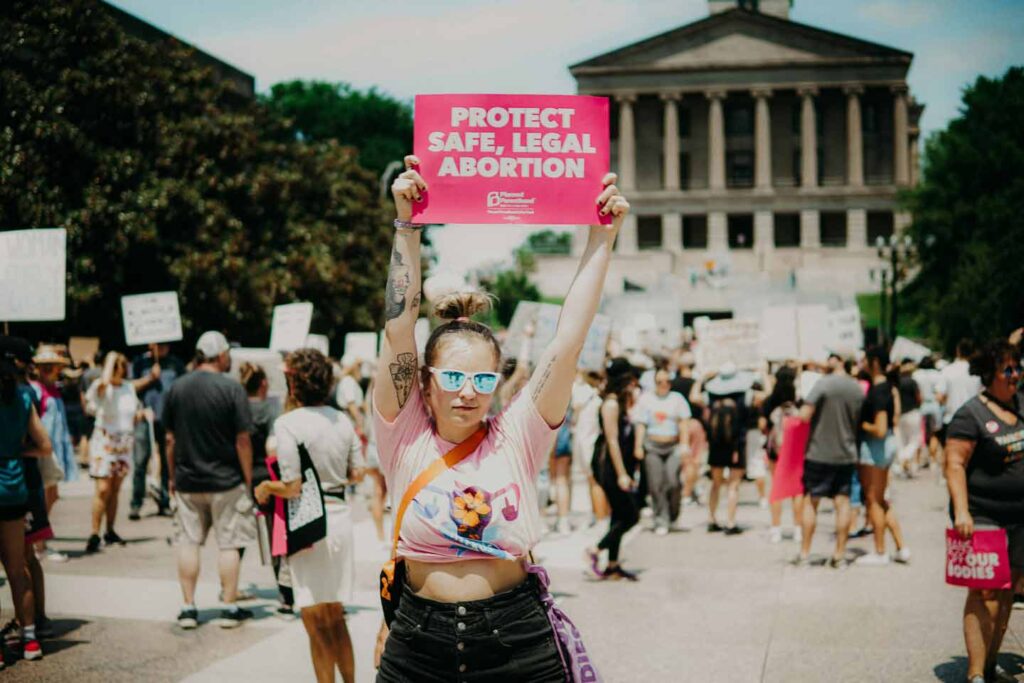
Historical Context
The sexual rights movement has come a long way, starting to pick up speed in the 1960s. This was a time when many people were fighting for equal rights, women were speaking up for their own health choices, and the LGBTQ+ community was starting to demand respect and acceptance.
A big moment in this story was the Stonewall Riots in 1969 in New York City. These protests helped kick off a worldwide effort for LGBTQ+ rights. Around the same time, the Women’s Health Movement began to push for better information and freedom regarding women’s bodies and sexual health. It was also an important step when major health organisations like the World Health Organisation acknowledged that being healthy includes having a safe and satisfying sex life.
But it hasn’t always been easy. The AIDS crisis in the 1980s and 1990s made life harder for many, especially in the LGBTQ+ community, bringing a lot of unfairness and judgment. There have also been times when people tried to undo the progress on rights like abortion and marriage for all.
Even with these ups and downs, there have been big wins, like more countries allowing same-sex marriage and better access to services that help people make choices about having children. The movement to secure sexual rights for everyone is still going strong, fighting for a world where everyone’s choices about their bodies and hearts are respected.
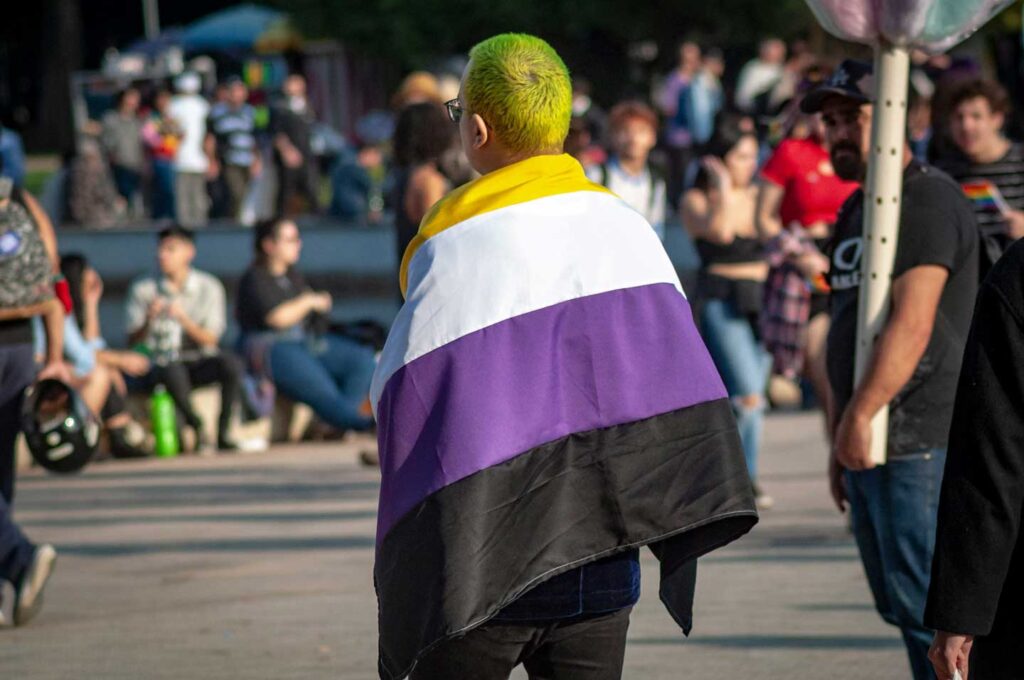
Core Aspects of Sexual Rights
Sexual rights are very important for everyone’s health and happiness. These rights include several key areas: access to health care for sex-related topics, good sex education, the freedom to make choices about one’s own body, and being protected from unfair treatment, especially for LGBTQ+ people, different racial or ethnic groups, and women.
Sexual Health
One of the most important parts of sexual rights is being able to get health care services, like birth control, and help to stop or treat sexually transmitted infections (STIs). Having these services lets people make smart choices about their bodies and relationships, which is good for everyone’s health and happiness. It’s also important for people to get help and support if they’ve been hurt or forced in sexual ways.
Sexual Education
Learning about sex in a complete and truthful way helps protect sexual rights. When education covers not just the basics of how bodies work but also respect, consent, who we love, and gender identity, it can break down wrong ideas and help everyone treat each other better. Knowing about how to prevent pregnancy and STIs, and understanding consent, helps young people make safer choices for themselves.
Sexual Autonomy
Being able to make your own choices about your body and your sex life is at the centre of sexual rights. Saying yes to sex should be something done freely and without pressure, and anyone can change their mind at any time. Everyone deserves to choose their own sexual relationships and express who they are in terms of gender and who they love without being scared or hurt.
Protection against Discrimination
Even though things are getting better, LGBTQ+ people, people from different races or ethnic backgrounds, and women still face a lot of unfair treatment. This can make it hard for them to get the health care and education they need, and it can stand in the way of their happiness and health.
To fix this, we need laws and rules that make sure everyone is treated equally, no matter their sexual orientation, gender identity, race, or where they come from. We also need to work together to change unfair attitudes and beliefs that hurt people.
In short, sexual rights are a big part of human rights. They include being able to get the health care we need, learning all about sex in a way that’s complete and true, having the freedom to make our own choices, and not being treated unfairly. By supporting these key areas, we can build a world where everyone feels safe and respected in their sexual lives.
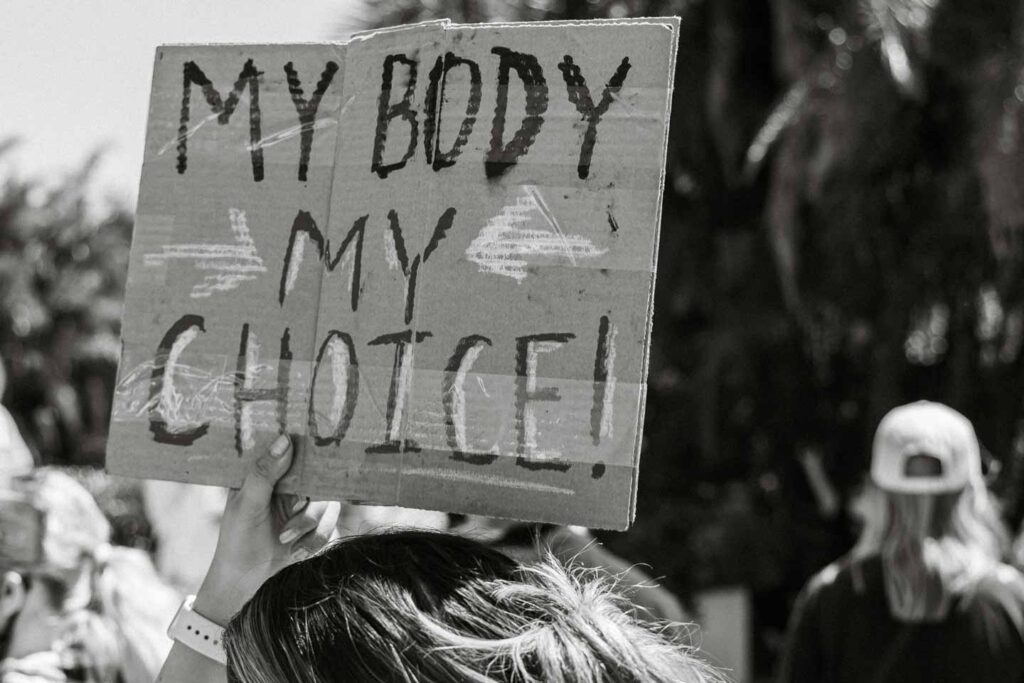
Challenges in Advocacy
Fighting for sexual rights faces many tough challenges such as cultural and religious disagreement, political and legal roadblocks, and wrong information and negative judgments about sexual rights.
Cultural and Religious Beliefs
Cultural and religious beliefs strongly affect how people think about sexuality. In lots of places, old-fashioned views about things like sex before marriage, using birth control, and rights for LGBTQ+ people don’t match up with supporting sexual rights.
These old views often care more about keeping family honor and what society expects than about each person’s rights and choices. Because of this, it’s hard to talk openly about sexual health and rights, and to make sex education or health services available. Religious groups, which have a big influence in many communities, also oppose birth control and same-sex relationships, making it even harder to support sexual freedoms.
Politics and Laws
When it comes to politics and laws, there are many obstacles, too. Some countries have laws that treat LGBTQ+ people unfairly, limit access to abortion, and don’t protect people from violence because of their gender. People who fight for sexual rights often face legal systems that don’t listen or are against them.
Politicians might not want to help with sexual rights because they’re scared of upsetting conservative voters or religious organisations, which leads to a lack of action to change bad laws or to protect sexual and gender minorities better.
Misinformation and Negative Judgments
Misinformation and negative judgments about sexual rights are also big problems. False beliefs and incorrect information about sexuality, abortion, and diseases like HIV/AIDS are spread by unreliable sources, creating a culture of negativity and discrimination.
This not only stops individuals from looking for information and services but can also affect the opinions of lawmakers and health workers, who might have unfair opinions against certain groups or behaviors. Negative views about issues like sexually transmitted infections (STIs) or unplanned pregnancies can make people scared to seek needed health services because they don’t want to be judged.
To fight these challenges, efforts include educational campaigns to correct wrong beliefs and show accurate info about sexual health, rights, and identities. Activists work hard to talk with cultural and religious leaders, trying to find agreement and open dialogue.
Also, they push for legal changes at the local and global levels, aiming to fix unfair laws and introduce new protections for sexual and gender rights. In spite of the difficulties, the battle for sexual rights goes on. Driven by the belief in basic human rights like freedom, equality, and access to health care and information
Working for sexual rights is filled with difficulties, including cultural, religious, political, and legal barriers, all made tougher by misinformation and stigma. Overcoming these obstacles demands constant effort, smart advocacy, education, and conversations aimed at changing how society and the law view and treat everyone’s sexual health and rights.
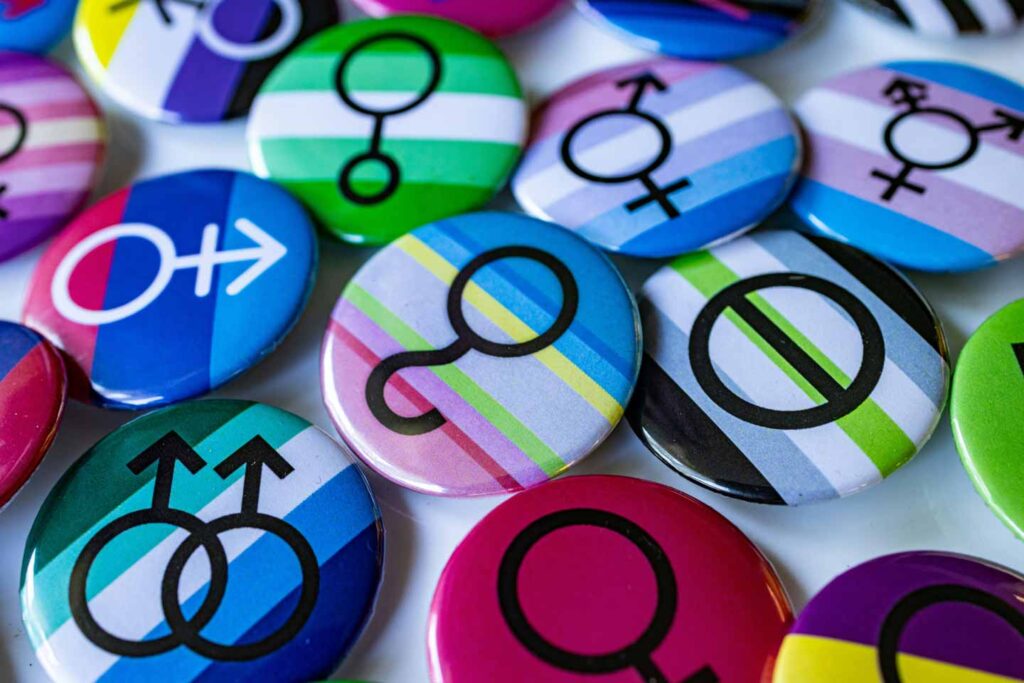
Importance of Global Advocacy
Global advocacy is super important for tackling big issues that affect lots of countries, like fighting for human rights, protecting the environment, and improving health for everyone. When people from all over come together for a good cause, they can really make a difference.
There have been some great advocacy campaigns that worked. For example, the battle against HIV/AIDS has led to worldwide efforts to stop people from being treated badly because of the disease, and to get medicines to those in need. Also, movements for gender equality, like the #HeForShe campaign, have encouraged even guys to join the fight for the rights of women.
Organizations that work all around the world, like the United Nations (UN), are super important for these things. They get countries to work together and agree to do things the same way. When they make big deals like the Paris Agreement for dealing with climate change or agree on rules to make sure women are treated fairly, it helps set standards for everyone.
These international agreements are really helpful for groups in different countries that want their own governments to do better. They also help countries share smart ways to solve problems and support each other. Plus, they can make it easier to get money and make new policies that can make a big difference.
In short, global advocacy is all about getting the word out and encouraging action on big worldwide problems. Success comes when countries team up, often led by big organisations that create agreements for everyone to follow. Working together like this is key to making changes that really matter, showing just how important it is to advocate on a global scale.
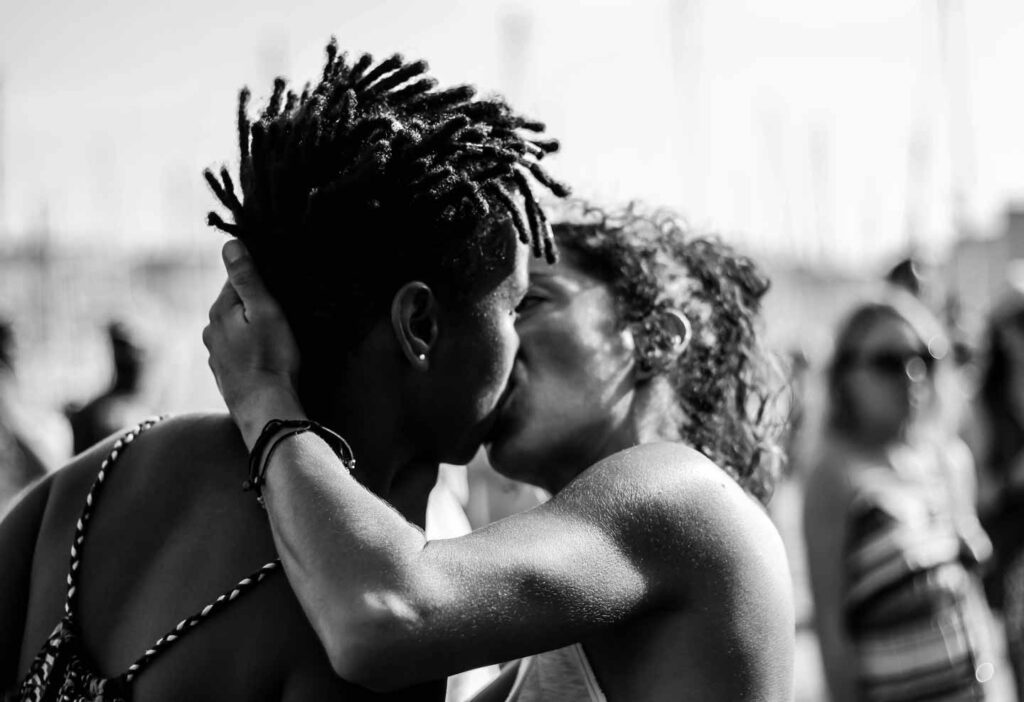
Tools and Strategies
Advocacy for sexual rights is important for fighting against unfair treatment. Raising awareness, and making the law protect everyone’s freedom to make choices about their own bodies and relationships.
Public Education and Awareness Campaigns
Educating people and raising awareness is a big part of what sexual rights advocates do. They use things like social media, TV, radio, and newspapers to teach many people about sexual rights. These campaigns share real stories that people can relate to, which helps change the way society thinks about gender and sexuality.
These advocates also push for schools to teach kids all about sex in a way that’s complete and straightforward. Kids learn about consent, different lifestyles, and how to stay healthy, which helps them respect their own rights and those of others.
Legal Action and Policy Change
Sometimes, advocates need to use the law to fight against rules that are not fair, to stand up for people’s rights, or to create new laws. They work with lawmakers to write and pass laws that keep people safe and free to express themselves, no matter who they love or how they identify.
Changing laws is hard work and takes time. Advocates have to talk with lawmakers, do research, and get the public to support their cause. When they succeed, it can really make people’s lives better by making sure everyone has access to things like health services and protection from harm.
Community Engagement and Support
Getting involved at the local level is also key in supporting sexual rights. Advocates help set up places where people can get help, like health services, advice, or legal help. These can be community centers, phone lines, or support groups.
They also teach and work with people who have influence, like local leaders or doctors. Through meetings and partnerships, these community figures can learn to support the cause.
It’s also important to bring people together, especially those who aren’t treated fairly. When people share their stories and knowledge, they become stronger and can fight against unfair treatment together.
Sexual rights advocates use education, law, policy-making, and community work to make things better. Each way helps in making a world where everyone is treated fairly and where sexual rights are protected. Combining these efforts is how they create a society that respects and supports everyone’s rights.
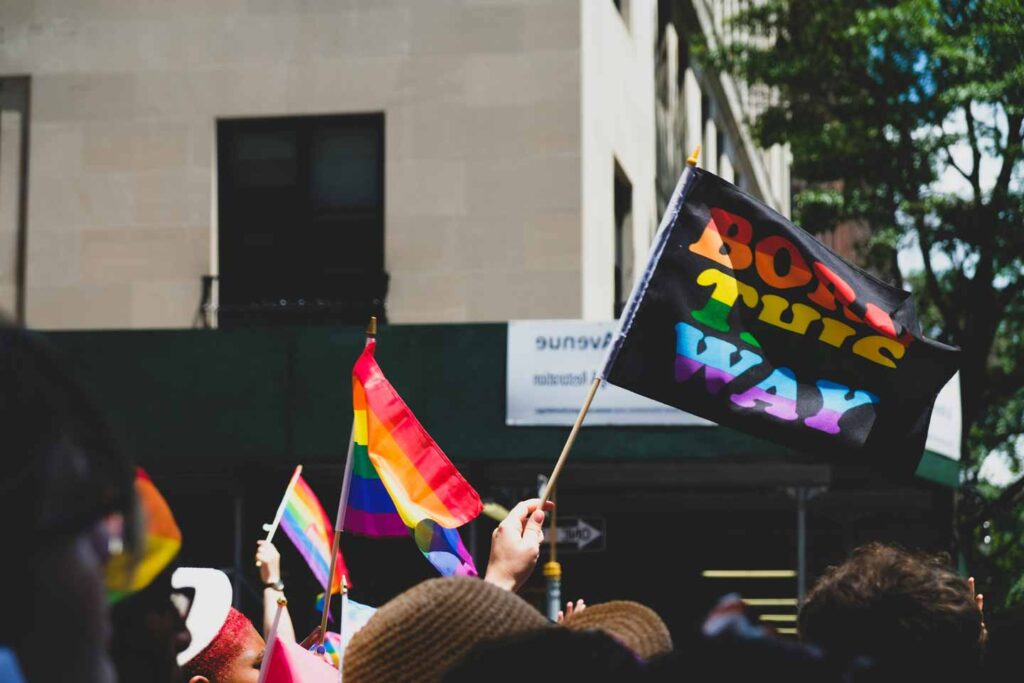
Final Thoughts!
Fighting for sexual rights is super important. It’s all about making sure everyone is treated fairly and can make their own choices about their bodies and who they love. This fight helps make laws better, teaches people to be kinder, and makes sure everyone can feel safe and respected.
Getting involved in this cause can really make a difference. You can learn more, help spread the word, support good laws, or just stand up against unfair treatment. Every little bit helps in building a world where everyone’s rights are protected.
There are lots of places to learn more and get involved. Websites like the International Planned Parenthood Federation, Human Rights Campaign, and Amnesty International are full of info and ways to join the fight. They can teach you lots, show you how to help, and connect you with others who care about these issues too.
By being part of this effort, you’re not just helping others – you’re working towards a future where everyone can be themselves safely and happily. So, why not take a look at these resources and see how you can join in? It’s a chance to do something big and make the world a better place for everyone.
